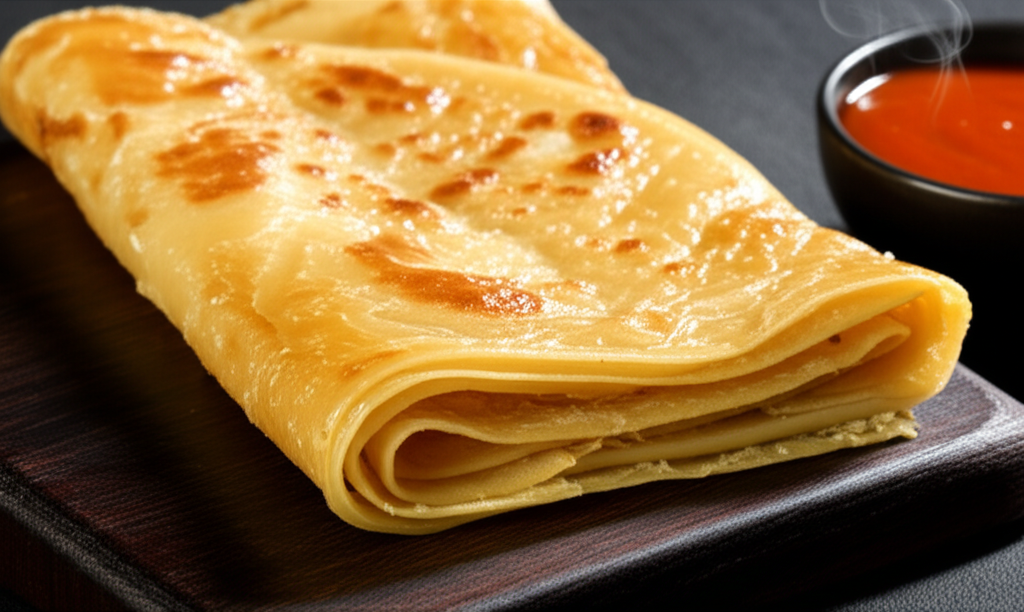
Thailand is positioning itself as a key player in the global halal market, leveraging its culinary expertise to attract Muslim consumers and tourists. Street vendors like Wanitcha Amkham, who sells halal roti in Bangkok, represent the grassroots of this growing industry. However, concerns over fraudulent halal labeling and inconsistent certification threaten to undermine Thailand’s ambitions as a trusted halal hub.
The Thai government has introduced a four-year action plan to strengthen halal standards, including a proposed “halal valley” in the country’s Muslim-majority southern provinces. Despite these efforts, experts warn that Thailand faces stiff competition from established halal leaders like Malaysia, which enjoys greater credibility in Muslim-majority markets. With over 15,000 halal-certified businesses, Thailand is already Southeast Asia’s third-largest halal exporter, but gaining global recognition will require stricter enforcement and better industry oversight.
Street food vendors remain a weak link in Thailand’s halal ecosystem, often bypassing official certification due to cost or lack of awareness. This gap risks alienating Muslim tourists, who contribute significantly to the country’s tourism-driven economy. While Thailand ranks high among non-Muslim destinations for Muslim-friendly services, inconsistent practices—such as unverified halal signs—could damage its reputation. Major food exporters like Saha Farms have embraced certification, but smaller businesses struggle with the financial and bureaucratic hurdles.
Thailand’s halal strategy extends beyond food, with potential growth in cosmetics, pharmaceuticals, and textiles. Yet, experts emphasize that building trust takes time, especially in markets where religious compliance is paramount. As global demand for halal products rises, Thailand must balance rapid expansion with rigorous standards to secure its place in the industry. Without stronger regulation and education, the country risks losing ground to competitors that have already mastered the halal economy.